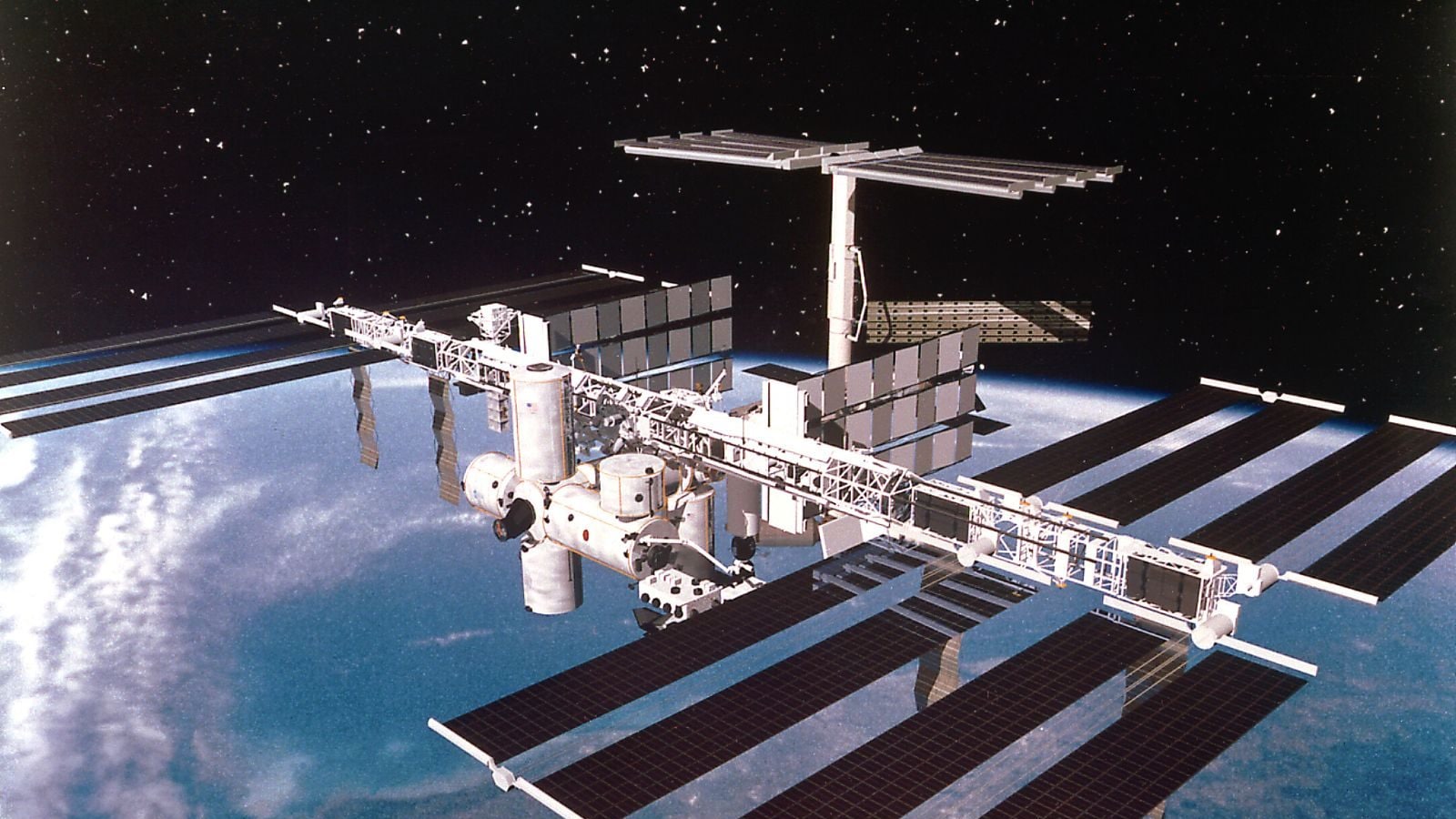Researchers at the Indian Institute of Technology (IIT) Madras and NASA’s Jet Propulsion Laboratory have studied interactions between microbes on the International Space Station (ISS). The research will help develop space station disinfection strategies to minimize any potential microbial impact on astronaut health.
“During spaceflight, crews may have altered immunity and limited access to ground-based medical facilities. Therefore, studying the microbes that inhabit the space station becomes important to understand the health risks associated with short-term and long-term space travel for astronauts,” said IIT Madras.
Read also Researchers at IIT Madras are creating a touch screen that can help you “feel” images
This study was motivated by earlier observations of the dominance of Klebsiella pneumoniae on ISS surfaces. This pathogen is known to cause pneumonia and other nosocomial infections. The researchers were widely interested in understanding how this bacterium affects the growth of other microbes nearby, and the possible consequences this could have, the institute said.
The researchers analyzed data from microbial samples taken during three space flights at seven locations on the ISS. The study found that Klebsiella pneumoniae, the main microbe that lives on the ISS, is beneficial to various other microbes that are also present on the ISS, especially bacteria from the genus Pantoea, the report added.
It was, however, found that its presence inhibits the growth of the fungus Aspergillus. This computational observation was further verified through laboratory experiments, and it was found that the presence of K pneumoniae was indeed detrimental to the growth of the Aspergillus fungus, the IIT said.
Dr. Karthik Raman, Associate Professor at the Bhupatta and Jyoti Mehta School of Biological Sciences and Core Member of the Robert Bosch Center for Data Science and Artificial Intelligence (RBCDSAI), IIT Madras, collaborated with Dr. Kasturi Venkateswaran, JPL Senior Scientist. The work was peer-reviewed and published in the respected international journal Microbiome.
Underscoring the need for such research, Dr. Karthik Raman of IIT Madras said, “The microbiome of the anthropogenic environment has a major impact on human health. Controlled environments like the ISS are home to a variety of organisms, and unraveling their interactions is key to better assessing the factors that shape the microbiome even under extreme conditions.”
“The microbial strains identified in this study do not pose a risk to space station astronauts, and this study provides evidence as to why monitoring the ISS microbiome is important. Tracking what microbes are on the ISS and learning how they adapt to microgravity continues to help us protect the health of astronauts,” the institute said.
Kasthuri Venkateswaran, a senior scientist at the Jet Propulsion Laboratory (JPL), said: “One way microbes are introduced into the sealed and closed space station is through crew members. However, the environment on the space station is different from that on Earth. Interactions between microbes are also affected by these adverse environmental conditions in space, necessitating such studies. More knowledge about microbes in space can help design appropriate safety measures for long-duration space travel.”
Read the whole thing The latest education news and Latest news here

